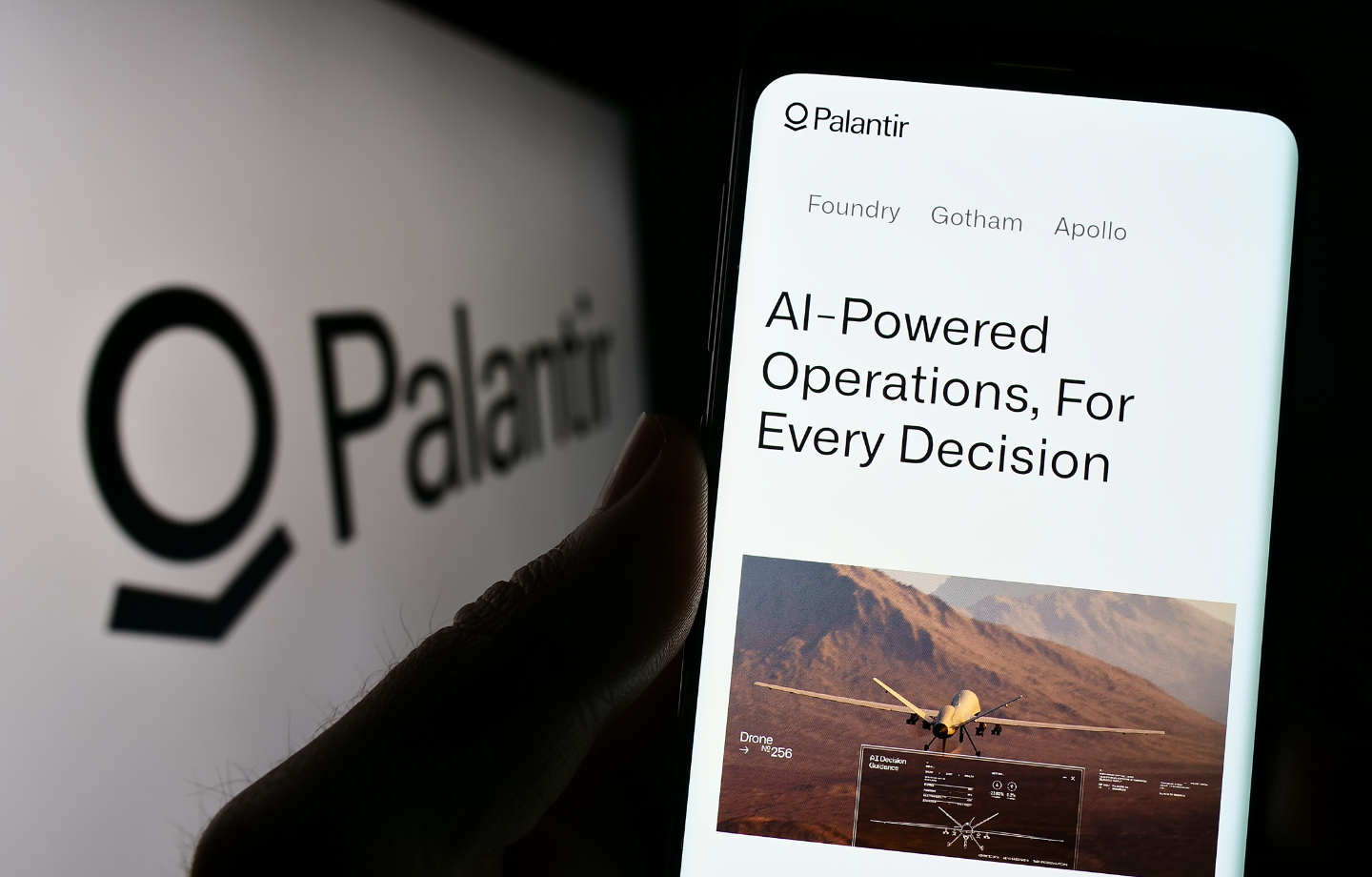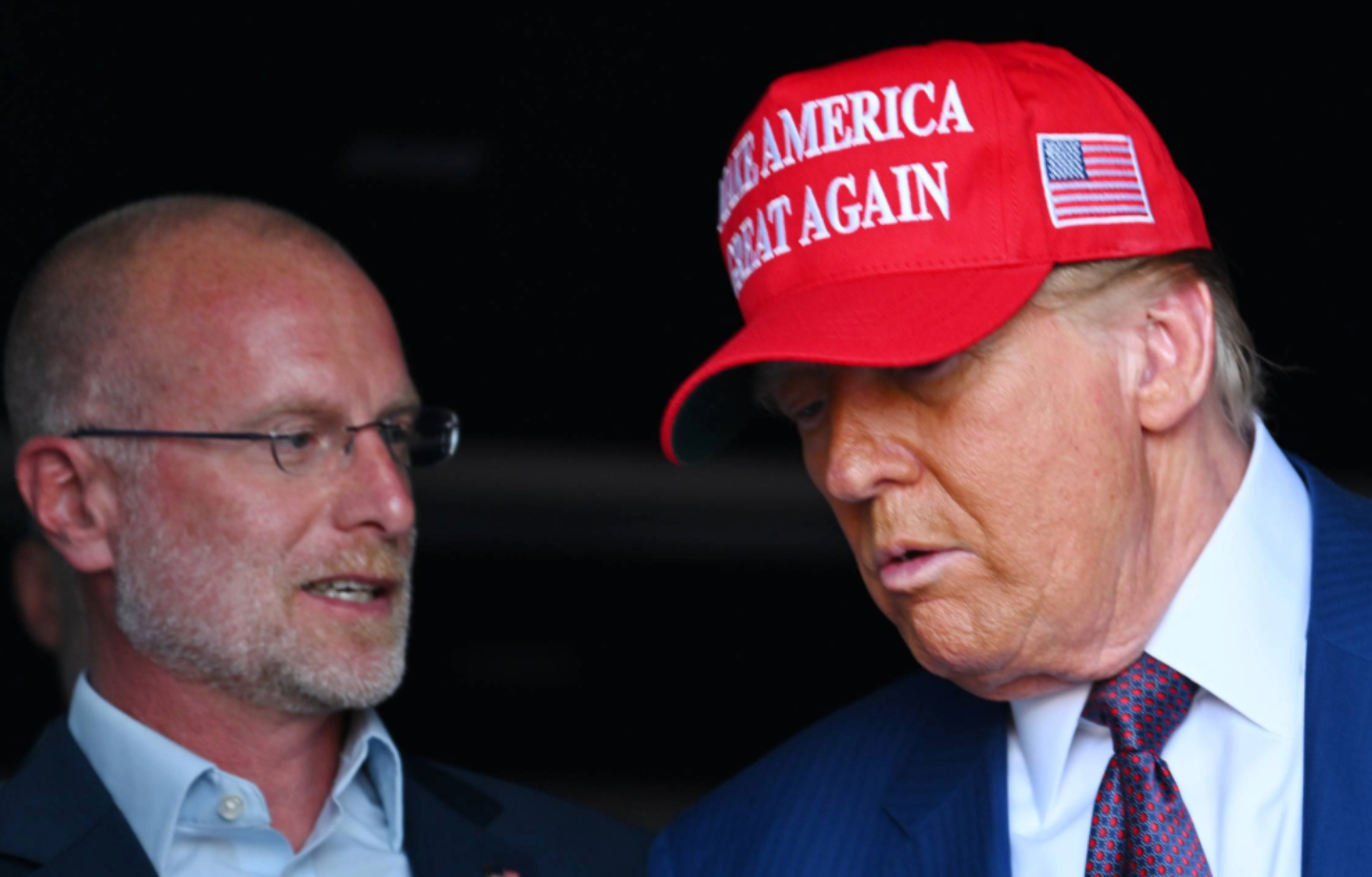How to Respond to the Chinese AI Challenge

February 5, 2025
The arrival of the Chinese DeepSeek artificial intelligence challenge has prompted stock market volatility and overexcited Silicon Valley calls for a “Sputnik moment” response. It has also generated calmer, more constructive observations from leading thinkers about the future of the information ecosystem.
Today, let’s review of some of these latter more helpful insights, which, if taken seriously, could help shape salutary responses to rapid developments in generative AI technology.
Lina Khan, the former chair of the Federal Trade Commission during the Biden administration, expresses skepticism about calls from the likes of Marc Andreessen for the U.S. government to bolster American AI companies and erode regulation in the name of fending off Chinese competition.
A leading U.S. tech investor and backer of President Donald Trump, Andreesen embodies Silicon Valley’s strategy of currying favor with Trump in hopes that the mercurial political leader will deploy government resources — and restrain government regulators — to benefit the bottom lines of the companies that Andreesen helps to finance. Even before Trump’s reelection and the emergency of DeepSeek, dominant corporations like Microsoft had allied themselves with Andreesen and like-minded financiers. (Microsoft has since joined the broader Silicon Valley celebration of Trump’s reelection.)
Khan reads the DeepSeek challenge differently, writing in The New York Times:
“Although it’s unclear precisely how much more efficient DeepSeek’s models are than, say, ChatGPT, its innovations are real and undermine a core argument that America’s dominant technology firms have been pushing — namely, that they are developing the best artificial intelligence technology the world has to offer, and that technological advances can be achieved only with enormous investment — in computing power, energy generation and cutting-edge chips. For years now, these companies have been arguing that the government must protect them from competition to ensure that America stays ahead.
“But let’s not forget that America’s tech giants are awash in cash, computing power and data capacity. They are headquartered in the world’s strongest economy and enjoy the advantages conferred by the rule of law and a free enterprise system. And yet, despite all those advantages — as well as a U.S. government ban on the sales of cutting-edge chips and chip-making equipment to Chinese firms — America’s tech giants have seemingly been challenged on the cheap.”
“It should be no surprise that our big tech firms are at risk of being surpassed in A.I. innovation by foreign competitors,” Khan adds. “After companies like Google, Apple and Amazon helped transform the American economy in the 2000s, they maintained their dominance primarily through buying out rivals and building anticompetitive moats around their businesses.”
She makes two useful comparisons:
- For decades, the U.S. government treated Boeing as a “national champion,” deserving insulation from regulation and, in 1997, permission to absorb its remaining U.S. rival, McDonnell Douglas. “That 1997 merger played a significant role in damaging Boeing’s culture, leaving it plagued with a host of problems, including safety concerns,” which continue to this day. Antitrust tough love would have served Boeing — and its customers — much better.
- In contrast, the U.S. government’s enforcement of antitrust laws against what is now AT&T Inc., IBM and Microsoft in the 1970s through the 1990s “helped create the market conditions that gave rise to Silicon Valley’s dynamism and America’s subsequent technological lead,” Khan argues. “America’s bipartisan commitment to maintaining open and competitive markets from the 1930s to the 1980s — a commitment that many European countries and Japan did not share — was critical for generating the broad-based economic growth and technological edge that catapulted the United States to the top of the world order.”
It is worth underscoring that Democratic administrations — led by Presidents Bill Clinton and Barack Obama — refrained from vigorous antitrust enforcement that facilitated the unhealthy monopolistic dominance of Boeing and, later, Google, Meta, and other tech giants.
In a separate essay in The New York Times, Zeynep Tufekci, a professor of sociology and public affairs at Princeton University, makes another salient point about the DeepSeek debut:
“Many observers have described this as a Sputnik moment. That’s incorrect: America can’t re-establish its dominance over the most advanced AI, because the technology, the data and the expertise that created it are already distributed all around the world. The best way this country can position itself for the new age is to prepare for its impact….
“And instead of fantasizing about how some future rogue AI could attack us, it’s time to start thinking clearly about how corporations and governments could use the AI that’s available right now to entrench their dominance, erode our rights, worsen inequality. As the technology continues to expand, who will be left behind? What rights will be threatened? Which institutions will need to be rebuilt and how? And what can we do so that this powerful technology with so much potential for good can benefit the public?”
In other words, Tufekci urges that, rather than engaging in rhetorical hyperbole about killer robots — Chinese or otherwise — destroying all of humanity, we ought to get down to the nitty-gritty task of regulating the AI that already exists. We need to take modest steps to figure out how to control AI now, which, in any event, is the precursor to preparing to deal with potential existential AI threats down the road.
 Technology & Democracy
Technology & Democracy


